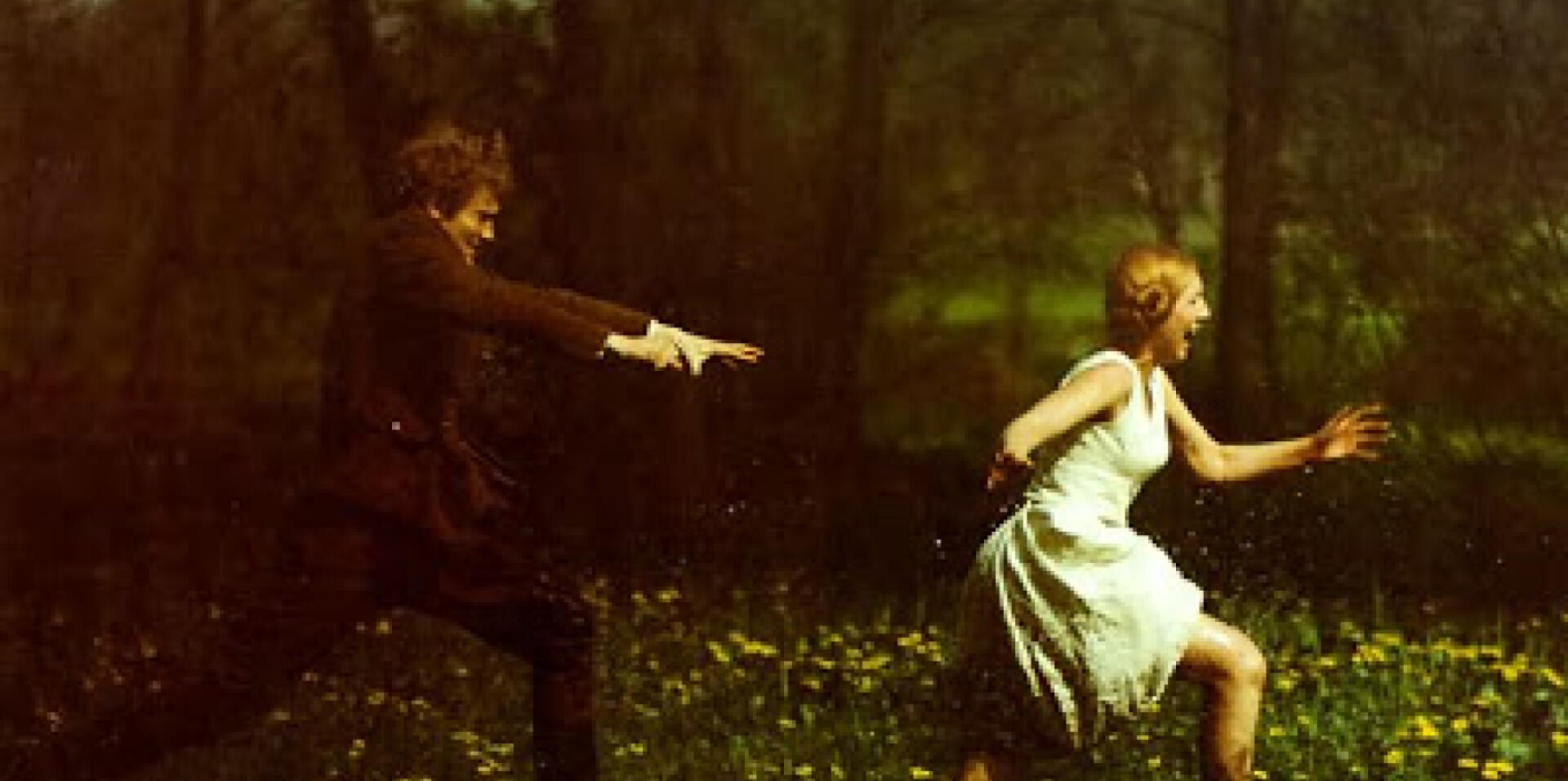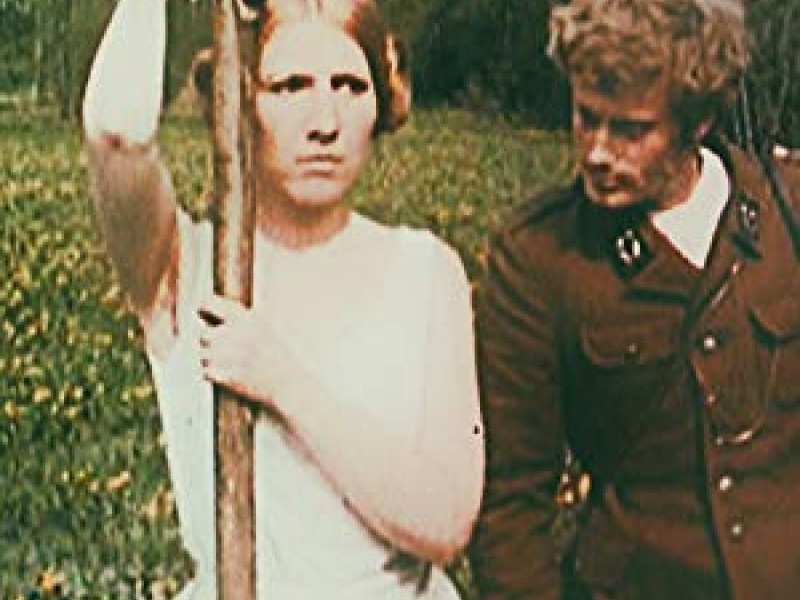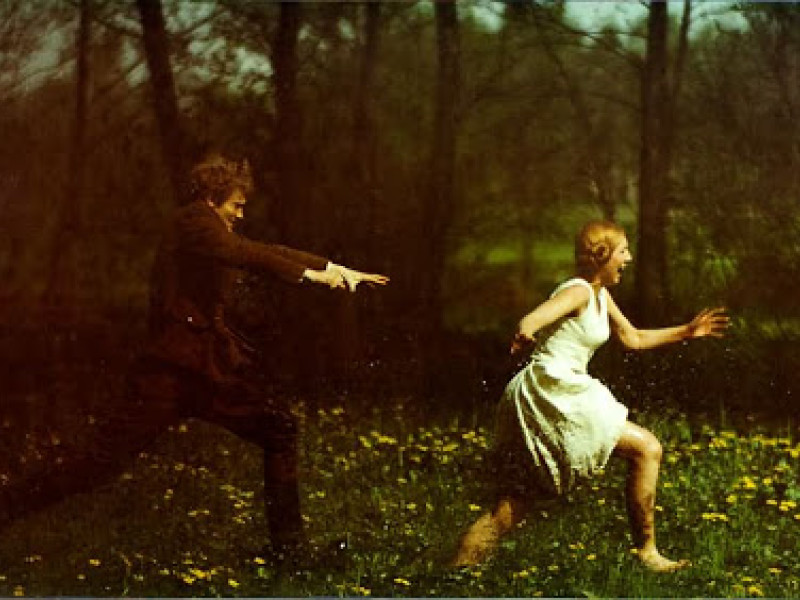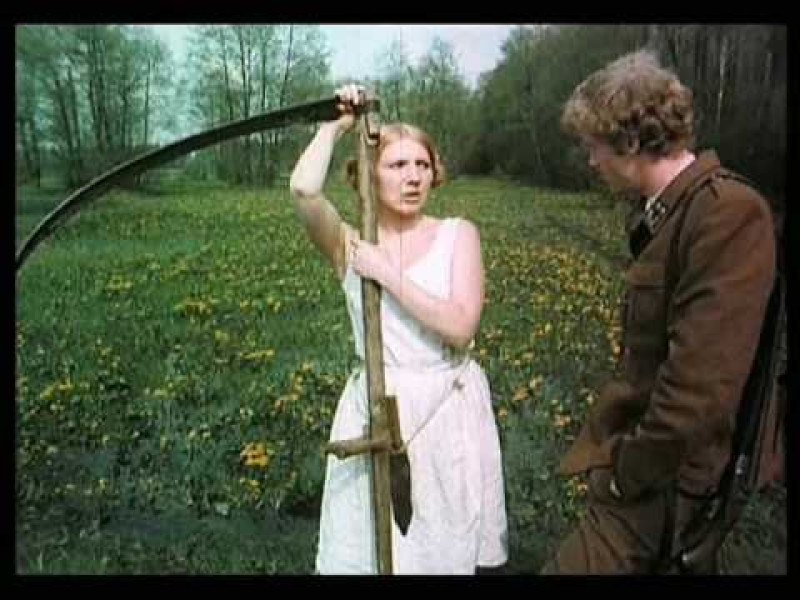
Brzezina
Andrzej Wajda
Brzezina). Traversant la forêt couverte de bouleaux, un fiacre attelé de deux chevaux alezans. Sur la banquette, près du cocher, un jeune homme en tenue de voyage, que l’air humide et frais semble griser, n’a d’yeux que pour ce bois de vif argent, vibrant d’arbres emblématiques. Il toussote de temps en temps, et d’un geste machinal, remonte la longue écharpe de laine qui lui entoure le cou. Stanislaw, soigné pendant de longues années dans un sanatorium suisse, revient mourir chez lui. Cette nouvelle, il l’annonce sans ambages à Boleslaw, son frère. Boleslaw est garde forestier, il vit seul avec sa fille, la petite Ola. Sa femme est morte un an plus tôt et repose désormais dans le bois te bouleaux… Une disparition qui la marqué profondément. Lui, le robuste, est devenu ombrageux, vivant dans le culte de son épouse et réprime en lui le moindre signe de vitalité. Un comportement qui contraste et se heurte avec celui de Stanislaw dont les espoirs de guérison évanouis l’ont porté à devenir ce qu’il est : un garçon délicat, fragile mais lucide et bien décidé à vivre pleinement les derniers instants qui lui restent…
L’opposition entre les deux frères éclate véritablement lorsqu’apparaît Malina, une fille du village. Paysanne un peu simple d’esprit mais pleine de vie qui intéresse vivement les deux hommes. Boleslaw, toujours fidèle à son épouse, refoule ses plus ardents désirs, contrairement à Stanilaw… Peu de temps après, Stanislaw meurt, Malina est sur le point d’être mariée à l’idiot du village tandis que Boleslaw, qui semble avoir repris goût à la vie, quitte sa demeure avec Ola, ne gardant pour seuls souvenirs que les deux croix plantées dans le bois de bouleaux.
Artistic & technical sheet
Alina Szpak
Andrzej Kotkowski
Daniel Olbrychski
Danuta Wodynska
Elzbieta Zolek
Emilia Krakowska
Irena Skwierczynska
Jan Domanski
Jerzy Próchnicki
Marek Perepeczko
Mieczyslaw Stoor
Olgierd Lukaszewicz
Scénario
Andrej Wajda / Jaroslaw Iwaskiewick
Prod : Film Polski
6/8 Mazowiecka
Varsovie
Pologne


